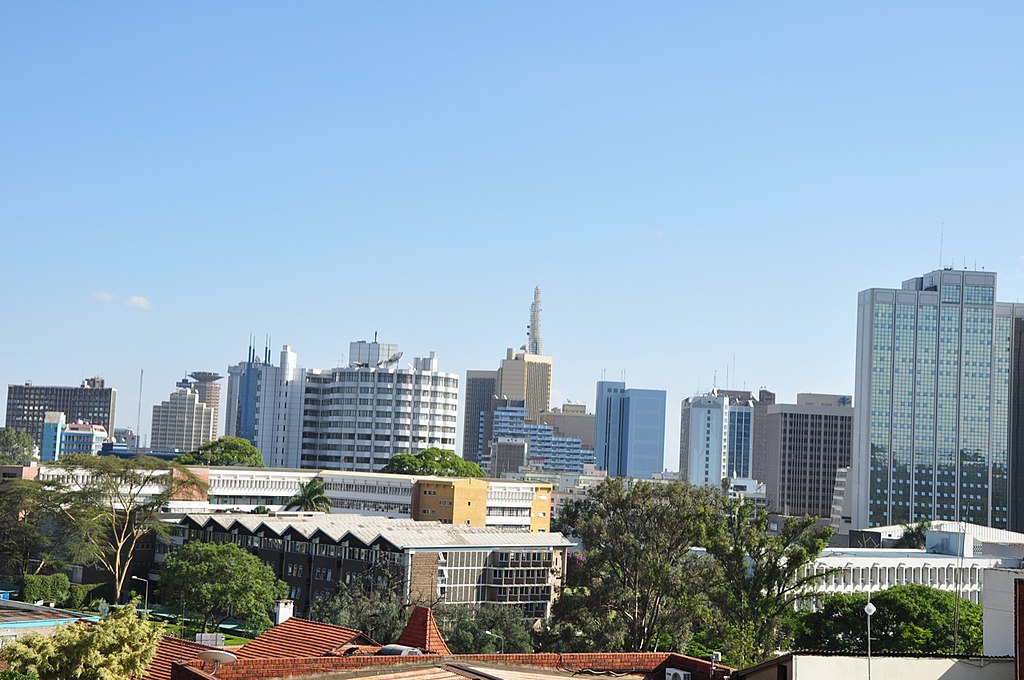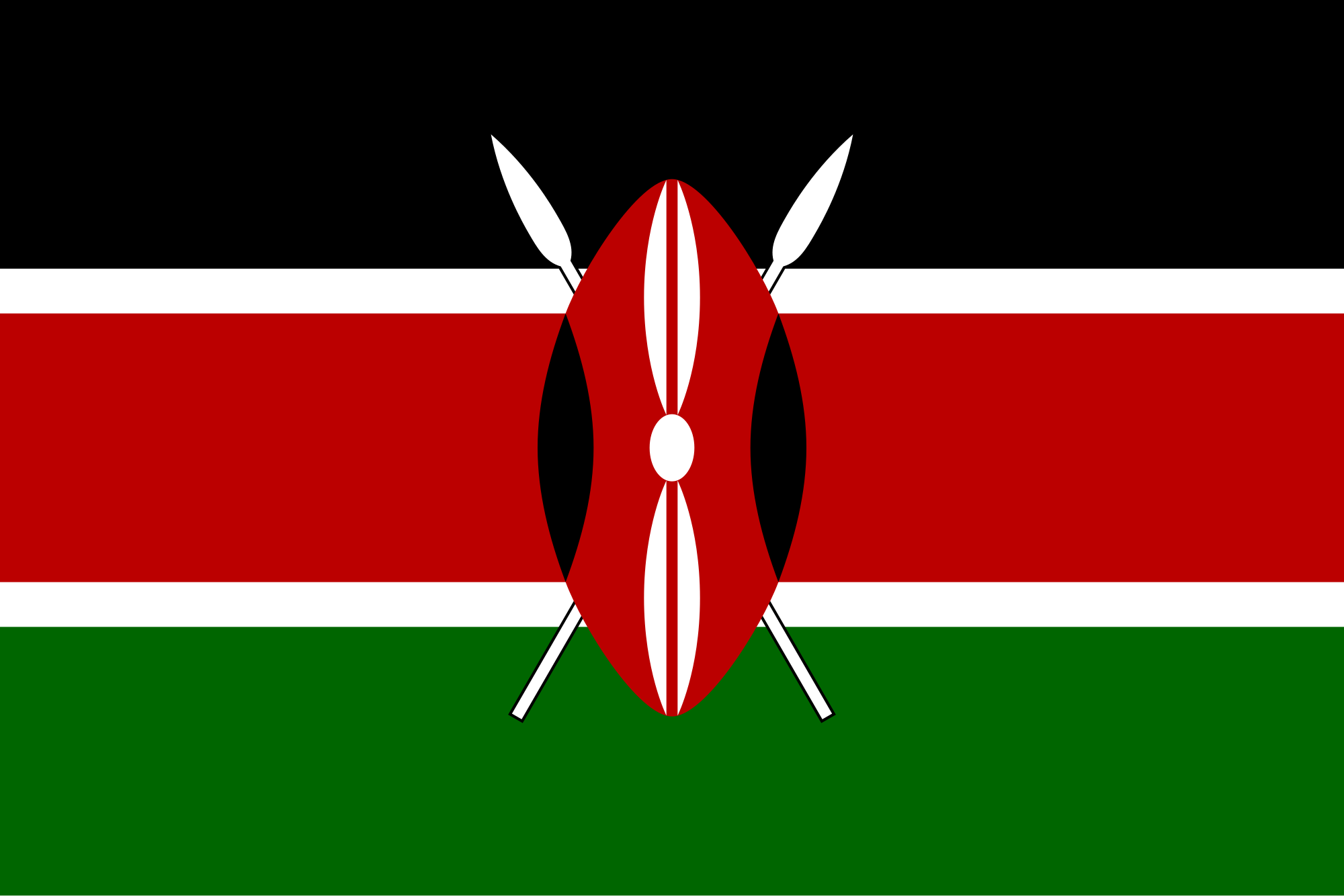
Silicon Valley is a household name. Silicon Savannah is becoming one. The first is located in San Francisco, California, and is home to some of the world’s giants in computer technology such as Google, Apple, Microsoft, Yahoo and IBM. The second is in Nairobi, the capital city of Kenya, and is now teeming with start-ups that have the will and intention to revolutionise the way business is done in Africa.
Coincidentally, Silicon Valley’s tech-leaders have also made their way to Kenya with long-term high investments. IBM and Nokia both have research centres in Nairobi and Google, apart from its main Internet activities, has also recently purchased stakes in one of Africa’s biggest renewable energy projects, the Lake Turkana wind farm, which will release Kenya from its dependence on fossil fuels and diesel.
We have always known Kenya as a famous tourist destination with its Big Five ambassadors: the lion, elephant, Cape Buffalo, rhinoceros and elephant. This technological craze is new. It is seems as if the world’s top safari destination is also becoming a high-tech hub. ihub, M-Farm, NaiLab, M-PESA and Ushahidi are some of the brand names in this information and digital revolution that is sweeping across the ancestral lands of Barack Obama.
The transformation has already sneaked into Kenyans’ lives as well. It is estimated that 82 people out of 100 own a mobile phone compared to the 89 in the USA. 74% of whole population makes payments with their cellulars for services such as taxis, airtime for mobile phones, electricity bills and even school fees.
Villagers have not been left out either. M-Farm helps small-scale farmers find good prices for their produce, thus ensuring larger profits and sustainability. The iCow also gives advice to farmers on how to manage their livestock and dairy production, thereby increasing their profitability.
The Kenyan government has been supportive of this development. The Ministry of ICT (Information and Communications Technology) is improving the country’s Internet connectivity by installing more and more fibre optic cables which will reach 2100 km by the end of this year. It is also planning to build Konza Techno city that will provide at least 200,000 employment opportunities to Kenya’s young population that is increasingly tech-savvy.
Below, you will find 6 other surprising Kenyan facts that will you pique your interest:
Fact #1: Meet Kibera, Africa’s biggest urban slum
Kenya is the biggest economy in East and Central Africa but like many of its African counterparts, it is a land of paradoxes. It is home to Africa’s largest urban slum, Kibera, with more than one million people living amidst its dirt.

Fact #2: There is snow on Mount Kenya
Mount Kenya is the second largest mountain in Africa, after Mount Kilimanjaro. Glaciers are found on its peaks and offer spectacular views to climbers who manage to conquer its heights. The Republic of Kenya actually derives its name from this mountain. Kenya roughly means ‘God’s resting place’.
Fact #3: Barack Obama’s father and Lupita Nyong’o are both from the Luo tribe
There are more than 70 ethnic groups in Kenya with about the same number of indigenous languages. The Luo tribe make up 13% of the population and mostly earn a living as artisans and traders.

Fact #4: Since 1988, Kenyan men have won the Boston Marathon 20 times
Kenya is currently the second best country in terms of gold medal winners in the annual Boston Marathon. Kenyans usually dominate long-distance competitions in the World Cup and Olympic games. You are perhaps familiar with David Rudisha and Catherine Ndereba.

Fact #5: Kenya is the 3rd leading exporter of cut flowers in the world
Kenya gets its foreign exchange from tourism, but not only. In recent years, holticulture has become a solid means for Kenyans to bring in forex in the country. Its western customers are mostly European countries such as Holland and Russia.

Fact #6: Meaning of the Kenyan flag
The black colour in the Kenyan flag stands for the indigenous population. Red symbolises the blood that was shed during the Kenyan’s struggle for independence from British colonial rule. Green is the colour of natural wealth while white is the symbol of peace and unity. The Masai shield and crossed spear represent the defence of freedom.

And here is a quiz to check all these facts. Feel free to download it for personal and classroom use.
 QUIZ about Kenya_Worksheet about Africa
QUIZ about Kenya_Worksheet about Africa
